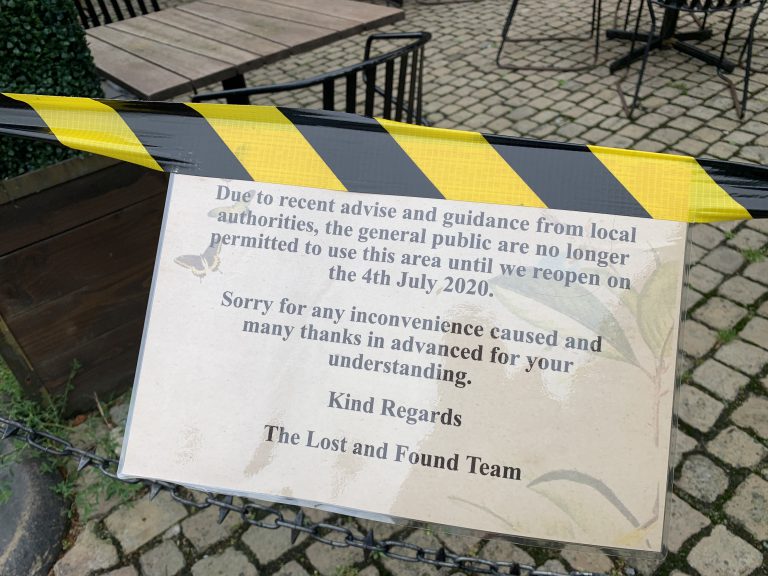Developing software in an ever-changing digital world is no mean feat and can easily require the skills and expertise of a number of individuals. Good bespoke software design is likely to engage a range of skills, from accessible design flair to an understanding of how backend design and coding translate to the on-screen experience for the end user.
Many businesses have to decide between using a bespoke software development consultancy and hiring employees to look after IT systems as their organisation scales. It’s at this stage when you’re likely to hear the term ‘full stack developer’. Should you hire a full stack developer or use a bespoke software development company? In this blog, we’re diving into the role of a full stack developer so you can consider the best option for your business.
What is a full stack developer?
A full stack developer is someone whose role is to unite both the backend and front-facing design of software solutions. On the face of it, this sounds like a good range of skills – an all-in-one package – to have in your business. But we would suggest you proceed with caution – a full stack developer can be a jack of all trades, master of none.
Conversely, a bespoke software development consultancy usually comprises specialists in technical architecture, project management, UK/UX design, database administration, and, of course, code build for both back and front end. Being able to bring in the particular specialists you need on a project at the right time can speed up the development process by ensuring there are fewer risks and issues along the way.
What does a full stack developer do?
The term “stack” refers to both the front-end and the back-end systems that make up your technology solution.
A full stack developer essentially takes on a multitude of technology-related roles to facilitate the transition of your digital projects from design to completion.
In theory, a full stack developer should not only interpret the brief to turn it into a user friendly and efficient digital experience for users – they should also make sure that every component works in sync, take accountability for both building and maintaining the system, and handle all errors and updates in the long run. A tall order, by anyone’s standards.
This means businesses should be aware of the obvious potential challenges of ‘putting all your eggs in one basket’ so to speak – namely relying on one person to fulfil multiple roles and complete multiple tasks.
Benefits
- Broad knowledge of technologies
- Lower cost as not specialist in one particular area
- Build in-house skills
Considerations
- Lack of in-depth expertise – increased risk of project failure
- May require additional support from specialists and/or training – increasing costs
- Employment costs and management time – do you really need full-time, in-house development capability? Many companies find it challenging to keep developers as they struggle to offer the diversity of work that a good developer requires to maintain interest in a role.
Why use a bespoke software consultancy?
Whilst a bespoke software consultancy will probably cost more initially, it’s likely you’ll see your return in better outcomes and less management hassle. With our approach, we bring in professionals with detailed knowledge and experience in their field of expertise. Whilst they work cohesively as part of a team, they have the in-depth expertise of their particular part of the project to ensure a robust delivery. Hiring a full stack developer may mean you have to bring in additional support to complete projects to time, cost and quality.
Also, you can bring in the consultancy when you need them which means you don’t have costly resources waiting for work to be assigned to them.
What’s right for your business?
Before you hire a full stack developer, it’s important to fully scope you company’s current and future IT needs (as far as you can) so you can pinpoint the skills you need in-house and those you would be better hiring in.
If you’re weighing up the pros and cons, speak to our team, we’ll be happy to understand your business and provide advice and guidance to help you make the right choice.




